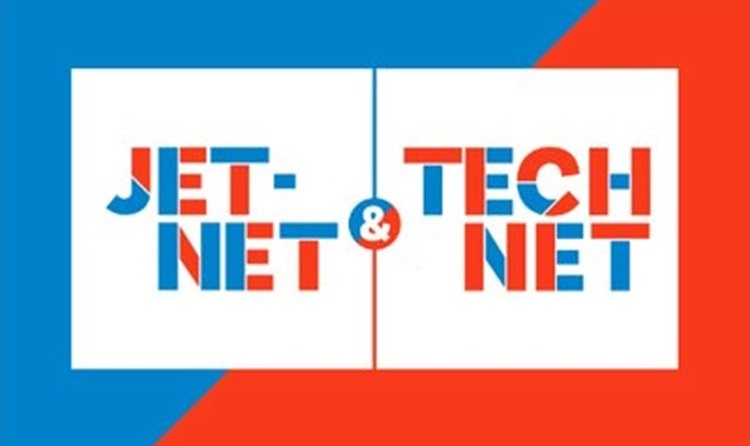Government of Catalonia
The Government of Catalonia (Generalitat de Catalunya) is the regional government of Catalonia. It consists of ministries and other bodies such as public companies and autonomous organisations that employ more than 200.000 people. It has responsibilities, among other areas, in: education, employment, universities and economic development. Secretariat for Telecommunications, Cibersecurity and Digital Society is responsible for boosting the deployment and integration of digital technologies in each area of Catalan society.
The Catalan economy boasts a significant level of industrial activity in sectors such as automobiles and accessories, chemicals, and state-of-the-art computer and office IT equipment. The publishing industry and construction are also of crucial economic importance.
The lack of students choosing studies in the STEM-related subjects, high rates of youth unemployment and sustained labour demand growth in some STEM-related sectors such as IT, robotics, automobile and mechanics industry, have driven the Government of Catalonia to aprove in February 2017 an Agreement to develop the STEMcat plan (national STEM strategy).This plan promotes vocations in STEM among youth, and has to be deployed in the Catalan schools during the next school year (2017-18). The plan is currently being developed by the Government of Catalonia and will cover four main focus areas:
- enhance teacher training in science, technology and mathematics;
- enhance STEM skills among students and develop strategies to globally assess them;
- encourage participation in school of companies in STEM sectors;
- promote science, technology, engineering and maths in society







